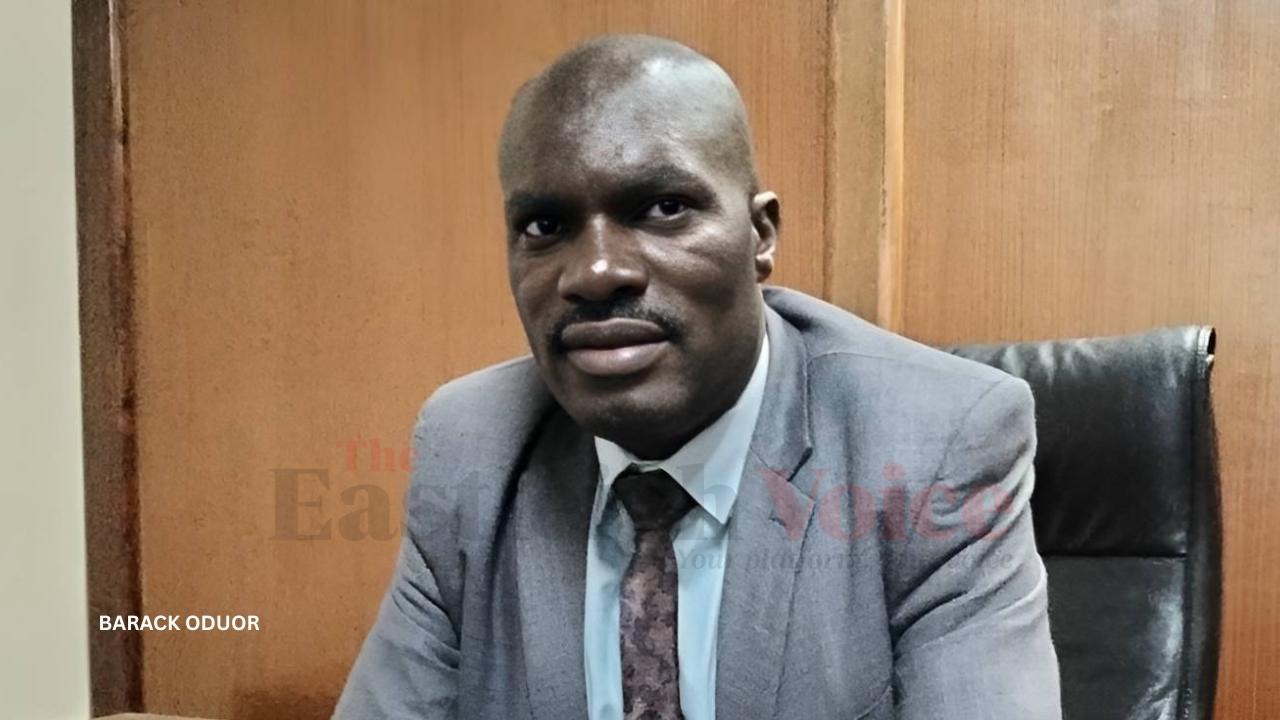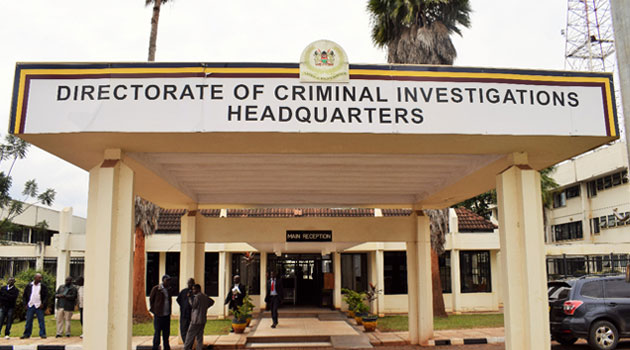Nairobi MCAs urge Sakaja, Ruto to prioritise slum development amid funding delays

To promote equitable access to services like schools and hospitals, Jera said leaders from Nairobi's informal settlements have formed a committee to lobby for the completion of projects initiated by Governor Sakaja and President Ruto.
Ward representatives from Nairobi slums are urging Governor Johnson Sakaja and President William Ruto to prioritise development in their areas.
Lindi Ward Member of County Assembly (MCA), Samson Ochieng' Jera, told The Eastleigh Voice on Thursday that funding challenges in the devolved system have significantly delayed project completion in these communities.
More To Read
- City Hall opens six-month window to regularise non-compliant properties
- Governor Sakaja unveils six-borough structure to enhance service delivery
- High-rise living in Nairobi’s Pipeline estate is stressful: How men and women cope
- Why City Hall moved hospital accounts to Sidian Bank- Sakaja
- City residents say Nairobi's illegal billboard cleanup favours some areas over others
- Nairobi County proposes new rules to strengthen school feeding programme oversight
“Delay in disbursing funds meant for devolution is a big setback to programmes meant to uplift slum dwellers,” said Jera.
He noted that a disproportionate share of county funds is spent on recurrent expenses, leaving little for development.
“Like other counties, Nairobi is also facing the problem of its huge percentage going to recurrent expenditure while so little goes to development. This has contributed to the slow progress of projects located in slum areas,” he added.
To push for equity in access to essential services such as schools and hospitals, Jera revealed that leaders representing informal settlements in Nairobi have formed a committee.
Through this forum, they plan to lobby for the completion of projects initiated by Governor Sakaja and President Ruto.
He disclosed that the county had approved slum development and upgrading proposals brought forward by ward representatives. Among them is the Nairobi City County Slum Upgrading and Prevention Strategy, which received stakeholder approval in March.
Slum proliferation
The strategy addresses the root causes of slum proliferation and proposes practical measures to curb further growth of informal settlements in Nairobi.
It goes beyond identification of issues by outlining actionable commitments for the county, promoting sustainable urbanisation, ensuring a decent standard of living for low-income residents, supporting economic growth, and safeguarding the environment.
Kenya’s urbanisation continues to present steep challenges—from rising demand for jobs and affordable housing, to inadequate infrastructure and essential services. The failure to respond effectively has led to the rapid expansion of slums.
This underscores the urgency of creating effective strategies to manage these evolving challenges, prevent the spread of informal settlements, and improve the quality of life for all city residents.
Slum upgrading policy
Concerns raised by both national and county governments led to the development of the National Slum Upgrading and Prevention Policy (NSUPP) in 2016.
This policy provides a framework to guide counties in improving existing informal settlements and preventing the emergence of new ones.
Under the Second Kenya Informal Settlements Improvement Project (KISIP2)—an initiative by the Ministry of Lands, Public Works, Housing and Urban Development—the government engaged South Consulting Africa Ltd to help counties craft tailored strategies aligned with the 2016 NSUPP.
Nairobi’s Slum Upgrading and Prevention Strategy was developed through a participatory process that sought to balance the interests of stakeholders while addressing the real needs of slum dwellers and vulnerable groups.
It calls for balanced urban development across the city, clear land rights for all, and secure tenure for the poor, key to positioning Nairobi as a modern and competitive urban centre.
However, the issue of underutilised development funds in Nairobi remains a sticking point.
In December 2024, Governor Sakaja defended his administration against a report by the Controller of Budget, which claimed that the county had spent nothing on development during the first quarter of the 2024–2025 financial year.
Sakaja clarified that counties had not received any exchequer disbursements from the National Treasury in the first two months of the financial year.
He added that Nairobi County nonetheless managed to sustain operations, maintenance, salaries, and personnel expenses through its own-source revenue.
Top Stories Today














































